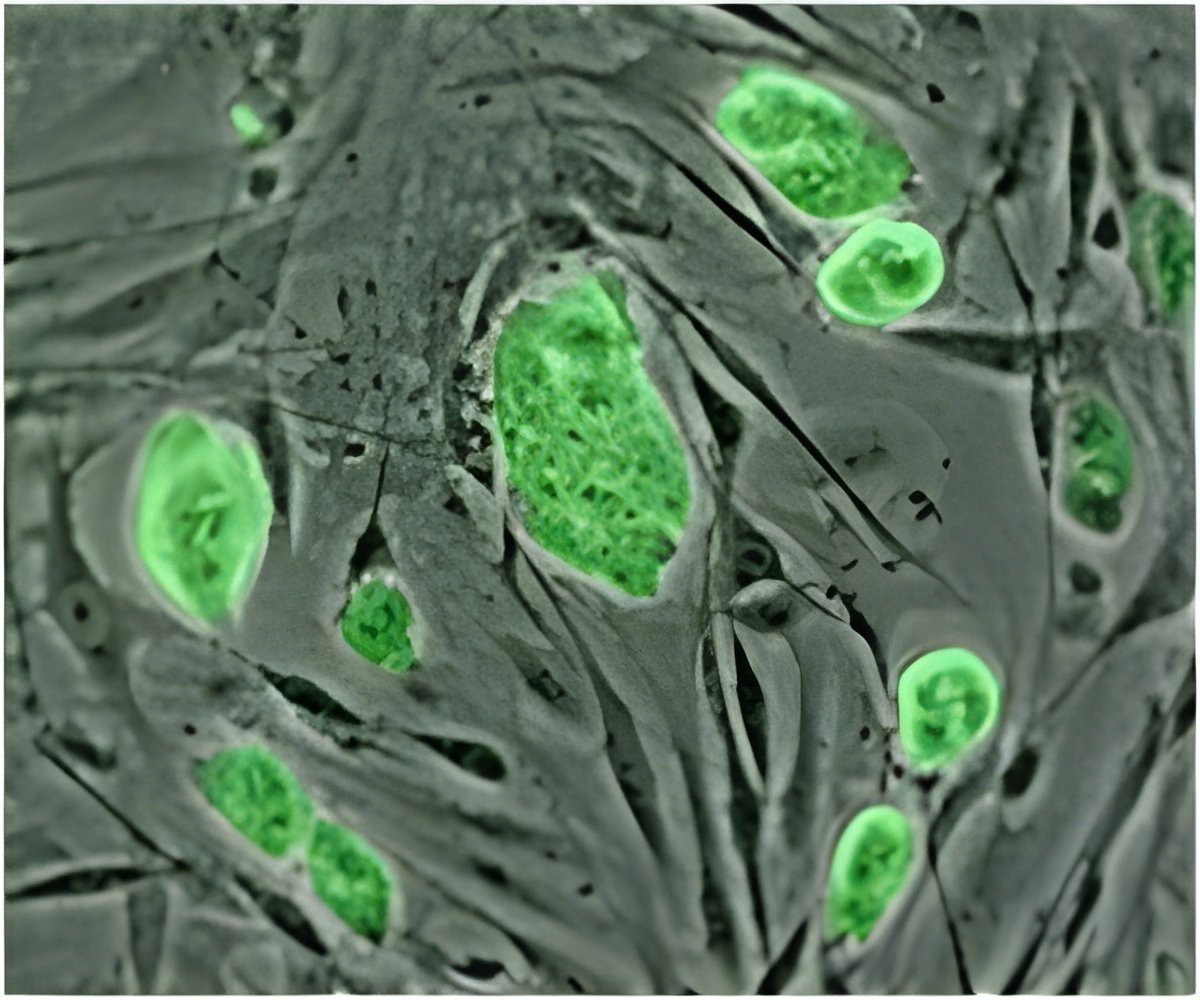
"We carried out a small molecule screen using stem-cell-derived ALS motor neurons for the first time," says senior study author Lee Rubin of Harvard University. "And we believe that we have demonstrated the potential value of an entirely new system by which potential ALS therapeutics can be discovered."
Patients with ALS lose the ability to move their limbs and body and usually die from respiratory failure within 3 to 5 years. There is only one approved treatment, but it prolongs life by only a few months and does not significantly improve symptoms. In the past year, two other compounds—olesoxime and dexpramipexole—failed in phase III clinical trials, even though they worked well in a mouse model of ALS. These compounds might have failed because they had not been specifically tested on motor neurons from rodent models of ALS or from human patients prior to the clinical trials.
To address this problem, Rubin and his team took advantage of recent advances in the ability to generate a large number of motor neurons from stem cells in a dish. They derived motor neurons from stem cells taken from human patients and mouse stem cells carrying an ALS-causing mutation. Using their stem-cell-based screen, they searched for small molecules that could improve the survival of motor neurons exposed to conditions that usually cause cell death. After testing about 5,000 compounds, they found that kenpaullone strongly enhanced the survival of these motor neurons and was more effective than either olesoxime or dexpramipexole.
"We have shown that there may be value in testing compounds before clinical trials on human ALS motor neurons as an addition, or as an alternative, to simply testing them in mouse disease models," Rubin says. "Moreover, we believe that the stem-cell-based method by which we discovered a new ALS drug target might be used broadly in drug discovery for other diseases."
Advertisement










